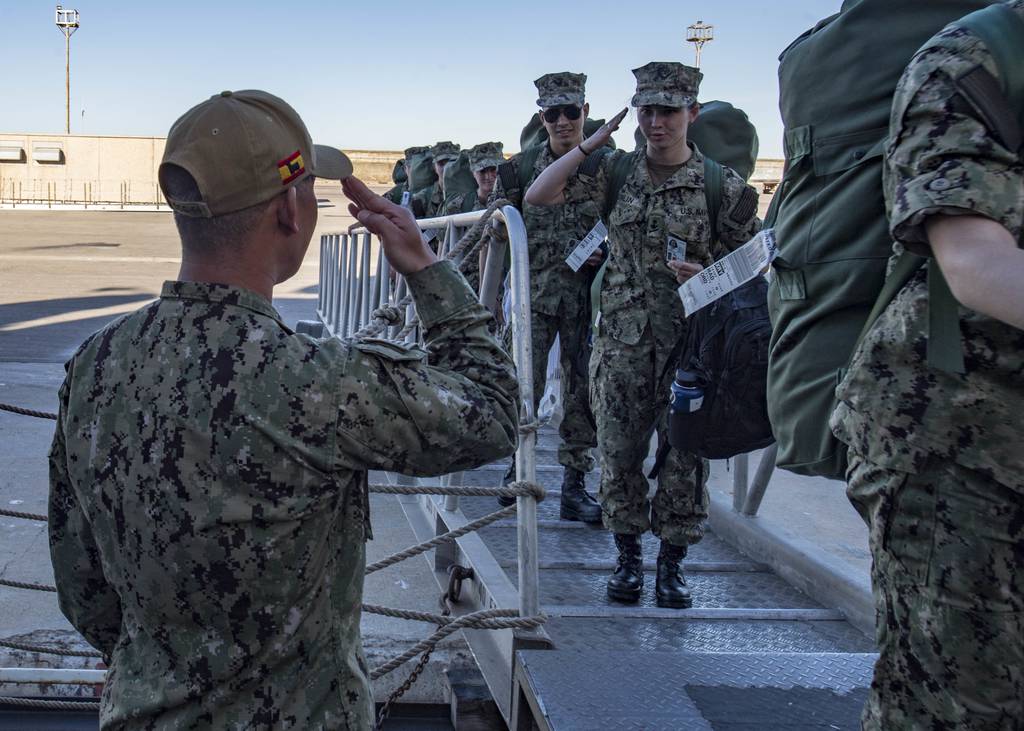- Joined
- Aug 1, 2006
- Messages
- 351
- Reaction score
- 15
Navy Healthcare and apparently the other branches are downsizing; meaning billets are being cut. It's going to affect medical and dental; essentially the entire healthcare enterprise.
There's been a real push for dental services to be provided by civilian providers via the ADDP (active duty dental program).
Junior officers will be affected more than senior officers who've already hit terminal rank and could retire. It's hard for a junior officer to promote if there are less billets to promote to. Even said, every service member will feel these changes in some way or another.
There's been a real push for dental services to be provided by civilian providers via the ADDP (active duty dental program).
Junior officers will be affected more than senior officers who've already hit terminal rank and could retire. It's hard for a junior officer to promote if there are less billets to promote to. Even said, every service member will feel these changes in some way or another.




